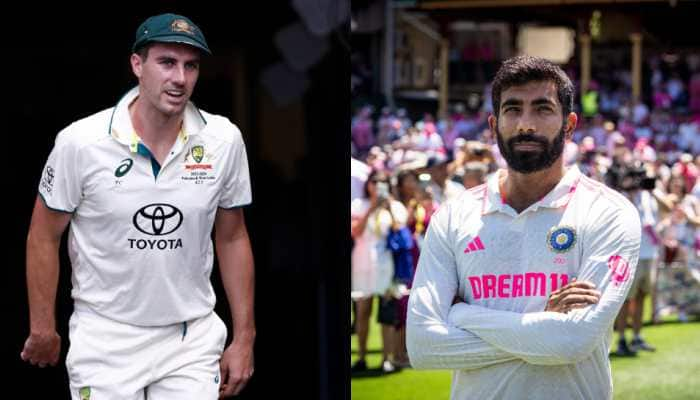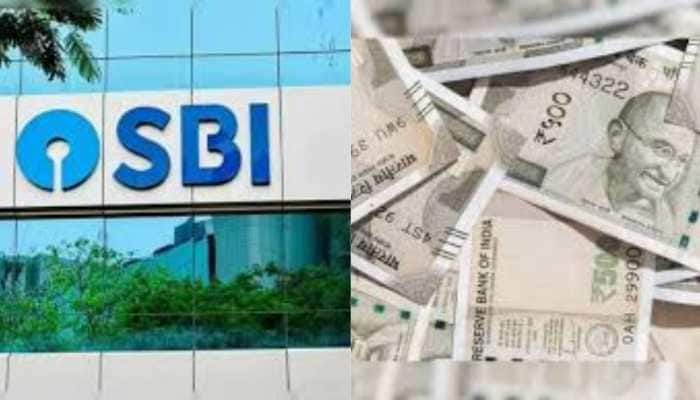Krishna Janmbhoomi-Shahi Idgah Row: Win For Hindu Side; Allahabad HC Rejects Muslim Side's Plea
Devotees of Lord Krishna claim that the Mathura Shahi Idgah was built on land that belongs to the deity and that the actual birthplace of Lord Krishna lies beneath it.
Trending Photos
)
The Allahabad High Court has dismissed a plea from the Muslim side challenging the maintainability of lawsuits filed by Hindus regarding the Shahi Idgah Mosque-Krishna Janmabhoomi dispute in Mathura. The ruling was delivered by Justice Mayank Kumar Jain, whose decision was reserved on June 6, 2024.
Consolidation of Suits
Justice Jain's bench is handling 18 suits related to the dispute, with 15 of these being consolidated for joint hearings. The Muslim side had filed an application under Order 7 Rule 11 of the CPC to challenge the maintainability of the lawsuits, which claim that 13.37 acres of land in Mathura, including the Shahi Idgah Mosque area, belong to Krishna Janmbhoomi.
Background of the Dispute
The lawsuits pertain to a 13.37-acre land parcel in Katra, Keshav Dev, with the primary relief sought being the removal of the Shahi Idgah Mosque from the land. Devotees of Lord Krishna claim that the mosque was built on land that belongs to the deity and that the actual birthplace of Lord Krishna lies beneath it. They allege that an illegal structure was erected by Muslims over the Krishna Janmbhoomi land.
Court's Verdict
The High Court extensively heard arguments from both sides over multiple hearings. The judgment, initially reserved on May 31, was reopened to allow Adv Pracha one more opportunity to address the court before being reserved again in June. Ultimately, the High Court rejected the Muslim side's plea, affirming the maintainability of the Hindu suits, thus paving the way for further legal proceedings on the substantive issues of the case.
Stay informed on all the latest news, real-time breaking news updates, and follow all the important headlines in india news and world News on Zee News.
Live Tv







)
)
)
)
)
)
)
)
)
)
